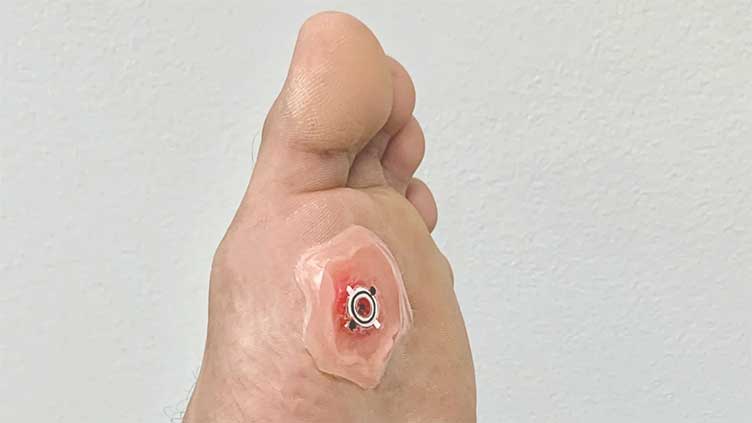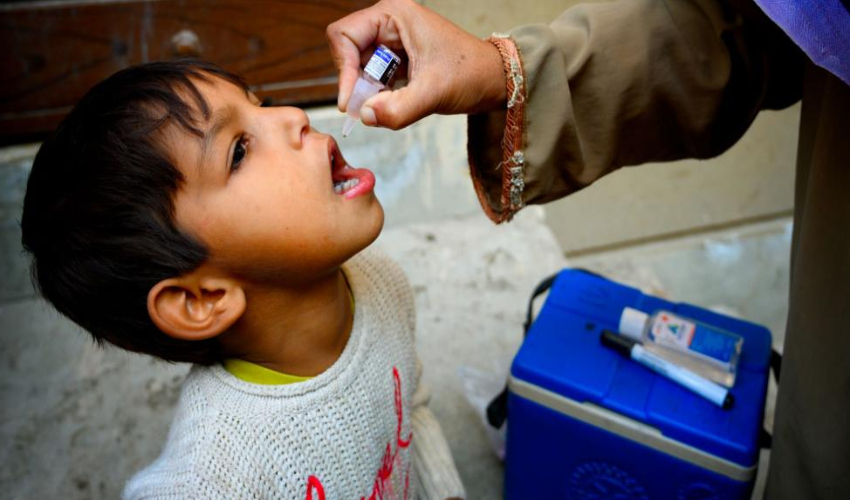Scientists at North Carolina State University have developed an affordable bandage that promotes the healing of chronic wounds by using an electric field.
These electric bandages enabled wounds on animals to heal 30% quicker than those treated with conventional bandages.
The high cost of existing treatments for chronic wounds makes them difficult to manage and presents additional difficulties for patients.
According to Amay Bandodkar, co-corresponding author of the paper, "Our goal here was to develop a far less expensive technology that accelerates healing in patients with chronic wounds."
Additionally, we wanted to ensure that the technology wasn't limited to what patients could only get in professional settings and that it was simple enough for people to utilize at home.
To solve this problem, the study team created water-powered, electronics-free dressings, or WPEDs. These single-use bandages feature a tiny, biocompatible battery on one side and electrodes on the other.
A drop of water applied to the wound activates the battery, producing an electric field that aids in healing for a few hours.
According to co-first author Rajaram Kaveti, "that electric field is critical because it's well established that electric fields accelerate healing in chronic wounds."
Because the electrodes are flexible, they can bend with the bandage and fit the surface of chronic wounds, which are frequently deep and uneven.
“This ability to conform is critical because we want the electric field to be directed from the periphery of the wound toward the wound’s center,” says Kaveti.
Electrodes must come into touch with the patient at both the edge and the center of the wound for the electric field to be focused properly.
The diabetic mice used in the testing of the wound dressings are a standard model for human wound healing. The device's electrical stimulation greatly sped up wound closure, promoted the growth of new blood vessels, and decreased inflammation, all of which pointed to an overall improvement in wound healing.
According to the study, mice given WPEDs healed about 30% quicker than mice given regular bandages.
WPEDs are made to be applied quickly and simply. Patients can receive treatment at home if they are in a position where they can move freely and engage in their regular activities.
Because they don't have to visit a clinic or remain immobile for extended periods, patients are less likely to skip sessions or take shortcuts, which increases the likelihood that they will adhere to the treatment plan.



























